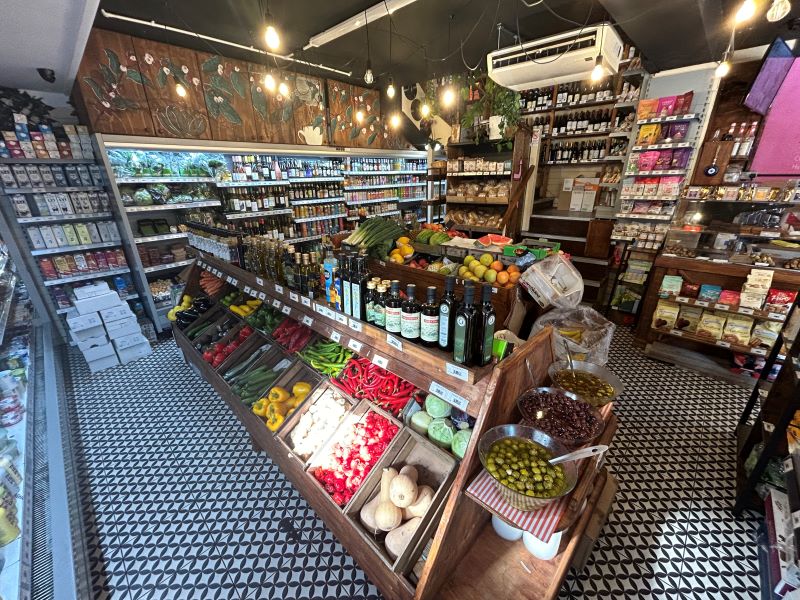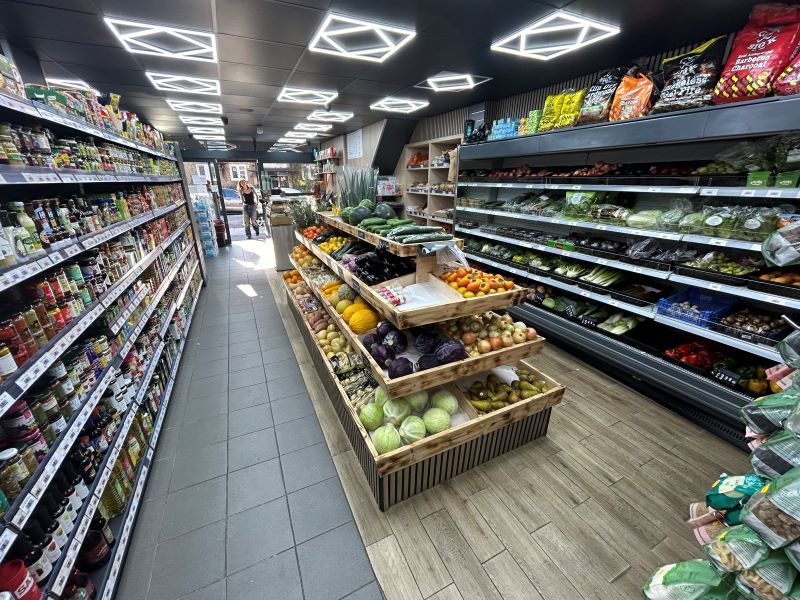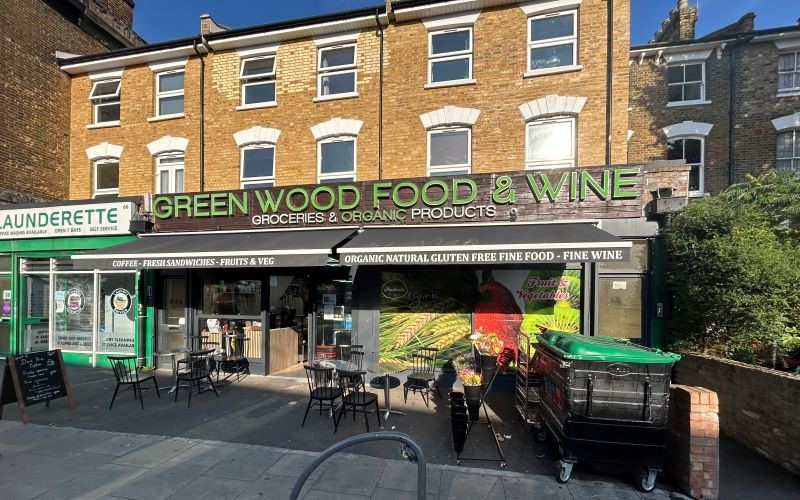Investment in corner shops reached £1 billion over the last year with independent vendors still dominating despite supermarket expansion, latest data shows.
The Association of Convenience Stores (ACS) 2024 Local Shop Report found that investment is the highest on record since the report’s inception in 2012.
Much of this growth comes from chain supermarkets aiming to tighten their grip on the local community shopping market, but 71% of convenience stores in the UK are still owned by independent retailers.
In August, Waitrose announced plans for 100 more convenience stores whilst Morrisons are targeting a further 400 by 2025, creating stiff competition for independent shop owners.
Mehmet, 46, owner of VitaPure in Bethnal Green, said: “Big chains, they hold everything.
“Morrisons, Co-op, they make deals which mean I will only get three cases, and they’re gonna get a pallet, so they can sell cheaper.”

Sahin, 40, owner of Greenwood Food & Wine in London Fields said: “I know friends who lost half of their business after a Tesco Express or Sainsbury’s Local opened nearby.
“Some of them even shut their shops.”
Rising costs of groceries and inflationary pressures compound the challenge corner shop owners face in this newly competitive market, giving a clear advantage to chain convenience stores who can afford to buy in bulk and sell at cheaper prices.
Sahin said: “If I bought six tonnes of olive oil two years ago and kept it, I’d be a millionaire now.”
However, contrary to long-held predictions of their decline by the food and beverage think tank IGD, independent convenience stores continue to survive and find unique ways to stay relevant.
While the lottery tickets and lager remain ever-present, East London corner shops today are filled with artisan coffee, locally sourced sourdough, and stacked fresh produce.
For Mehmet and Sahin, positioning themselves as hubs for their local community alongside offering the highest quality produce is what helps them to gain a competitive edge against the big chains.
Sahin alluded to this shift being a by-product of gentrification.
He said: “I started working in this shop at 19, now I’m 40… I’ve seen rough Hackney and now trendy Hackney.
“As the people change, so do the products, of course.”

In Mehmet’s store, diversification is key to keeping relevant and fending off competition from a chain directly opposite his store.
High quality takeaway coffee, homemade Turkish pastries, even Hackney Gelato are on offer in his efforts to bring in local shoppers.
He said: “You can do your shopping and enjoy a nice flatbread or ice cream here – why not?
“It’s all about making sure people can get something different in their local shop, which they can’t get at the supermarket chains.”
Fundamental to the success of independent corner shops is their ability to offer personalised, intimate customer service.
Mehmet even considers his customers as friends, noting how he orders ingredients on request for his regulars.
The more flexible, personable service on offer in independent shops is a key advantage they can leverage over chain convenience stores, helping to embed them into fabric of their local communities.
As supermarkets continue to tighten their grip on the convenience sector, it’s the personal touch, local focus, and unique offerings that keep East London’s independent stores standing strong at the heart of their communities.





Join the discussion